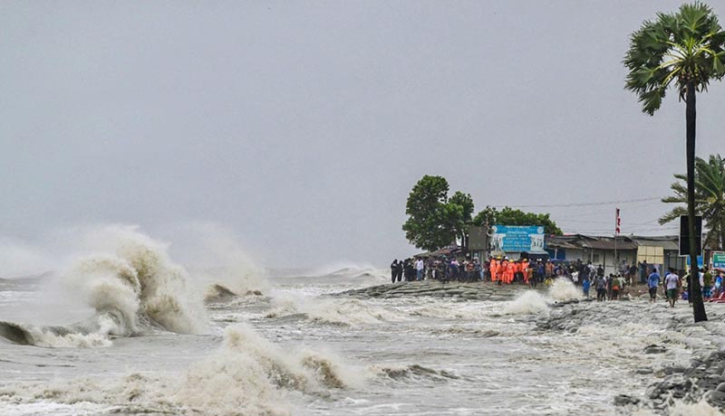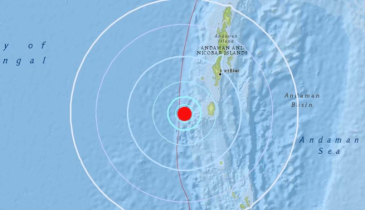Bangladesh ranks 13th in global long-term climate risk index

Bangladesh has been placed 13th in the latest Long-Term Climate Risk Index (CRI), underscoring the country’s persistent exposure to severe climate threats such as floods, cyclones, heatwaves, and storms.
The report, released by global think tank Germanwatch during COP30 in Belém, Brazil, evaluates climate vulnerability in 20 countries over the past three decades. It analysed more than 9,700 extreme weather events from 1995 to 2024 that caused over 830,000 deaths and an estimated $4.5 trillion in economic losses globally.
Bangladesh's progress in disaster management-
Germanwatch commended Bangladesh for its significant progress in disaster preparedness and risk reduction, noting that deaths from cyclones have fallen dramatically—from around 500,000 in 1970 to just over 4,200 in 2007—thanks to improved early warning systems, cyclone shelters, and community response efforts.
Despite this success, the report warns that Bangladesh remains highly vulnerable to climate shocks due to its low elevation, dense population, and dependence on agriculture. The country also recorded some of the highest heatwave impacts in 2024, when temperatures soared to 43.8°C, affecting over 33 million people.
Regional and global context-
Neighbouring countries India and Myanmar are both listed among the top 10 most affected nations. The three countries most impacted globally are Dominica, Myanmar, and Honduras, followed by Libya, Haiti, Grenada, the Philippines, Nicaragua, The Bahamas, and China.
While developing nations dominate the rankings, several industrialised countries such as France (12th), Italy (16th), and the United States (18th) also feature among the top 30, indicating that climate risks are becoming more global and indiscriminate.
Call for stronger global action-
“The CRI 2026 findings clearly show that COP30 must deliver real progress in closing the global climate ambition gap,” said David Eckstein, one of the report’s authors. He urged immediate action to reduce emissions, strengthen adaptation efforts, and ensure adequate climate finance for vulnerable nations.
Co-author Laura Schäfer highlighted that heatwaves and storms are now the most dangerous weather events for human life, while floods affect the largest number of people and storms cause the greatest economic damage.
The report concludes that countries like Bangladesh, which have made measurable strides in disaster management, still require greater international support to adapt to intensifying climate impacts and to protect their populations from future environmental shocks.
.png)









